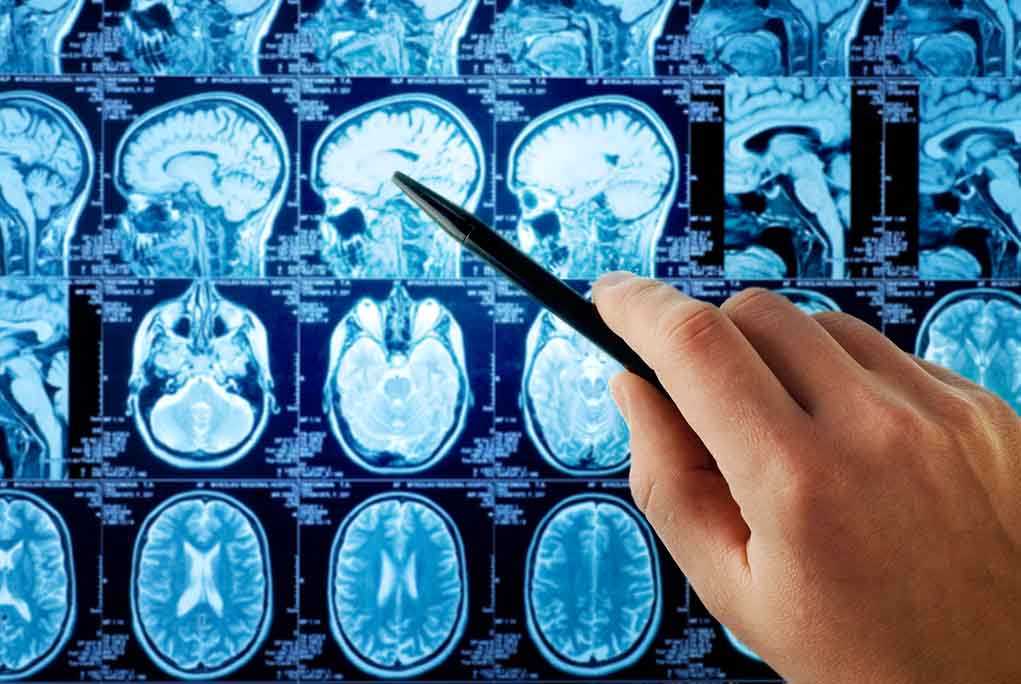
Neuron tracking technology is revolutionizing our understanding of brain function, memory, and behavior, presenting both scientific breakthroughs and ethical challenges.
Story Overview
- Advancements in neuron tracking technology now allow scientists to monitor individual neurons over extended periods.
- These developments open doors for applications in medicine, marketing, and artificial intelligence.
- Integration of neuroscience with fields like neuromarketing enhances behavioral prediction.
- Ethical implications arise concerning privacy and the use of neural data.
Longitudinal Neuron Tracking
Recent technological advancements have made it possible to track individual neurons over extended periods, a significant milestone in neuroscience. High-density neural probes, such as Neuropixels, have paved the way for these developments. These tools allow researchers to record large populations of neurons simultaneously, providing detailed insights into brain function and behavior.
This breakthrough was achieved through the development of machine learning pipelines like UnitMatch, which enable reliable tracking of neurons across weeks. This method matches the accuracy of expert human curation but offers faster and more scalable solutions for longitudinal studies.
Implications for Neuroscience and Beyond
The ability to monitor neurons over time has profound implications for neuroscience and related fields. Understanding how individual neurons change in response to learning, experience, or disease can lead to breakthroughs in memory research and neurodegenerative diseases. These insights may also inform the development of brain-computer interfaces and neuroprosthetics.
In addition to scientific applications, this technology holds potential for marketing and consumer behavior analysis. By integrating neuroscience with fields like neuromarketing, companies can leverage brain data to predict and influence consumer decisions more effectively. However, this raises ethical concerns about data privacy and consent.
Ethical Considerations and Societal Impact
As with any technological advancement, ethical considerations are paramount. The use of neural data in commercial and surveillance contexts has sparked debate. While the potential benefits of neuron tracking are immense, there is a need for regulations to ensure responsible use of neurotechnology and protection of individual privacy.
Ethics committees and regulatory bodies play a crucial role in overseeing these developments, balancing scientific progress with societal concerns. Public discourse on the ethical use of neural data is essential in shaping future policies and practices.
Future Directions and Expert Insights
Looking ahead, continued advancements in neuron tracking technology are expected to drive further discoveries in neuroscience. Researchers emphasize the importance of these tools for understanding brain function and disease mechanisms. The integration of fast (electrical) and slow (genomic) computations in neurons may unlock new insights into brain activity and behavior.
While the possibilities are exciting, experts caution against over-reliance on neural data for behavioral prediction. The complexity and context-dependence of brain activity require careful consideration and interpretation. Nevertheless, the transformative potential of longitudinal neuron tracking remains a promising frontier in neuroscience research.
Sources:
Harvard Medical School: The written history of a neuron
Zak, P.J. (2015): Neuroscience of inspiring stories and behavioral prediction
Salk Institute: Spinal neuron family tree research
Neurons Inc.: History of neuromarketing
Nature Neuroscience (2025): Tracking neurons across days with high-density probes















